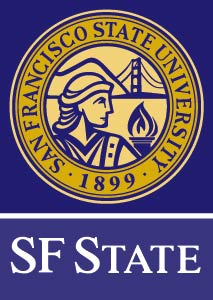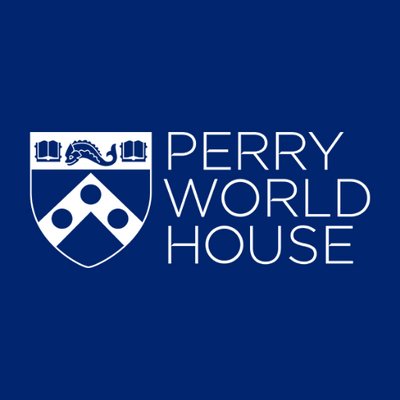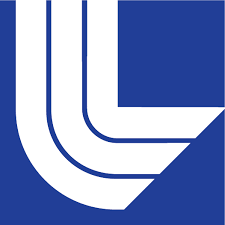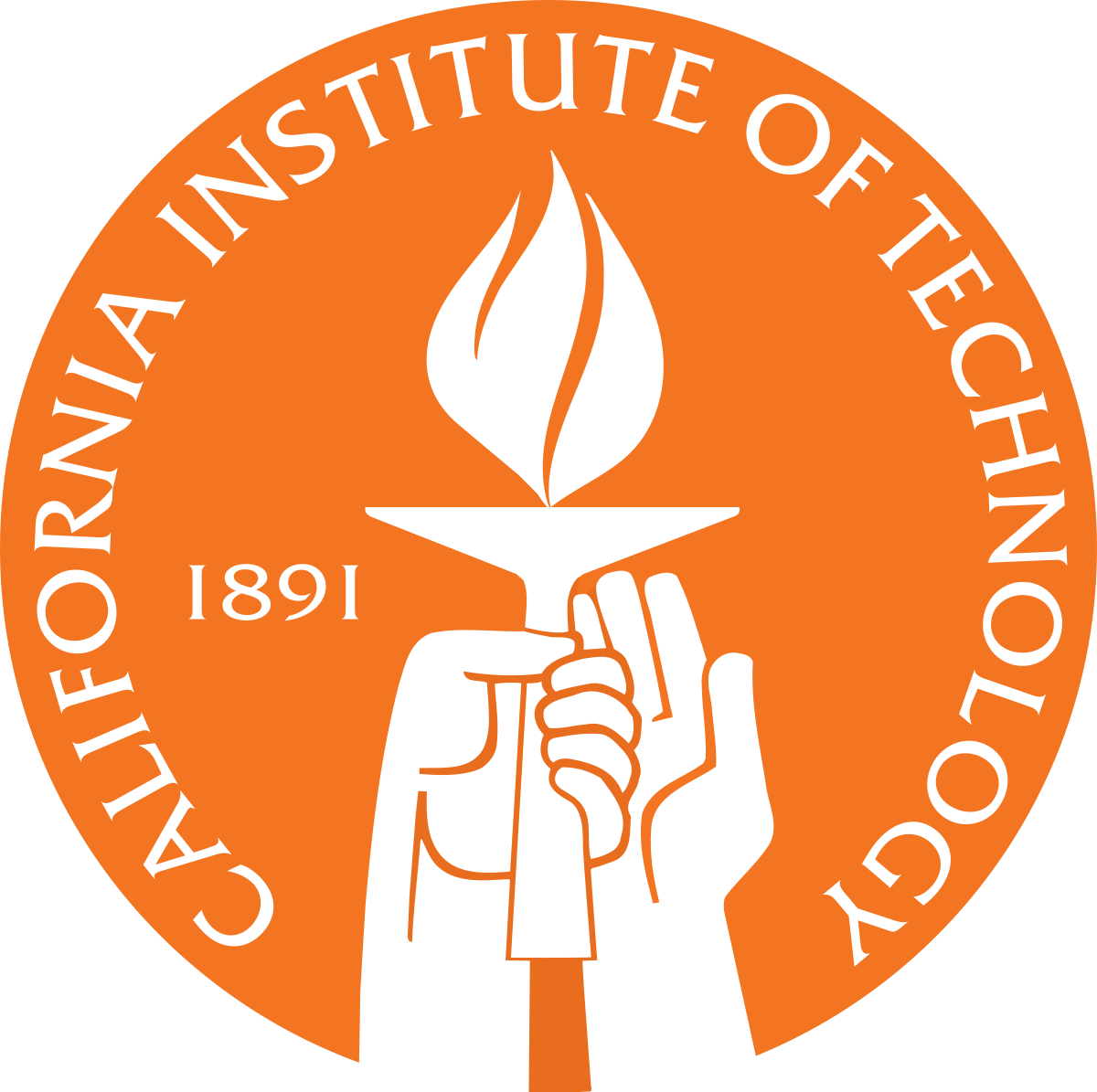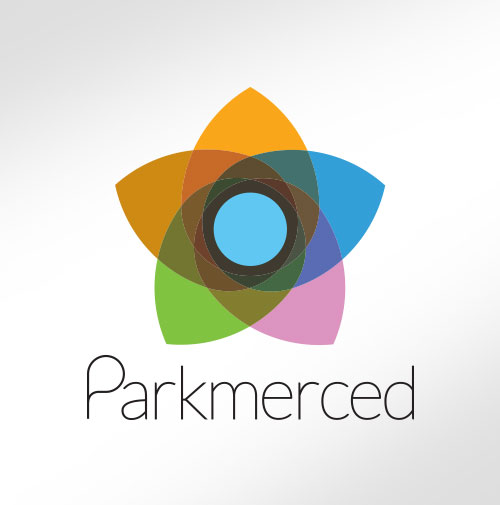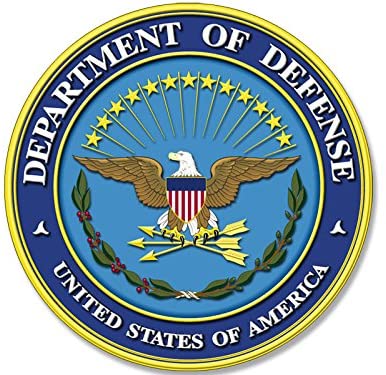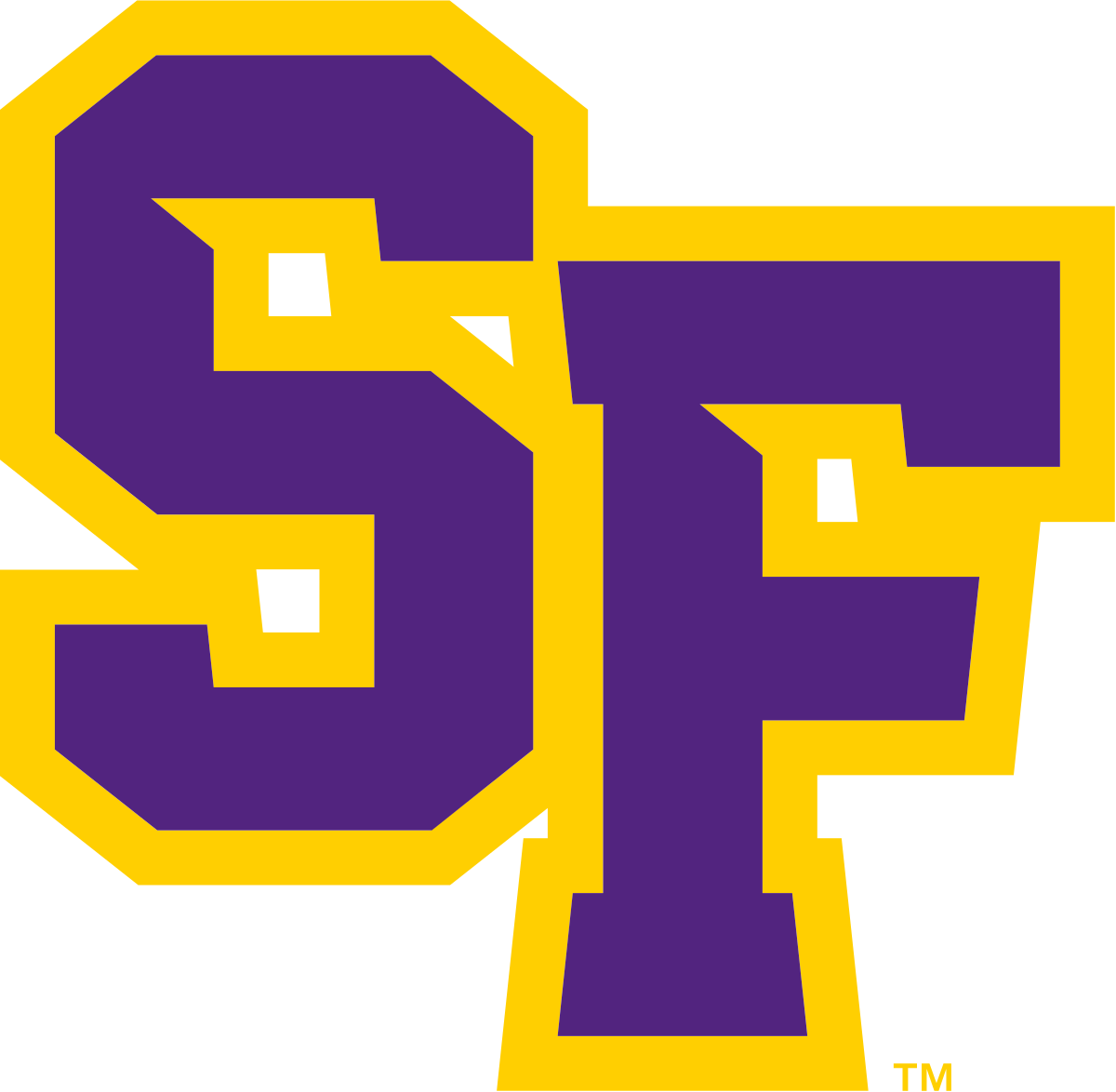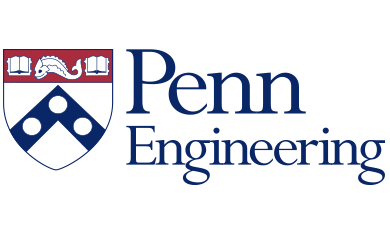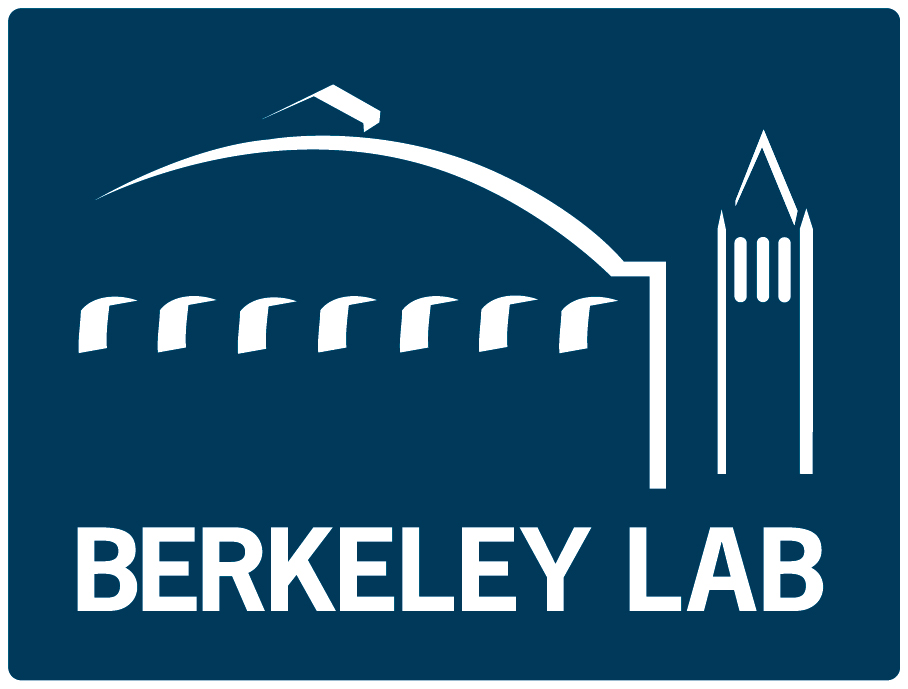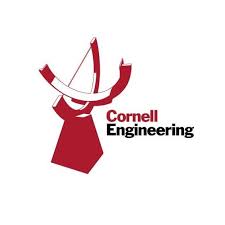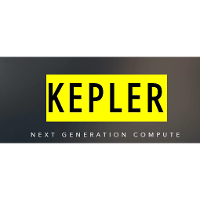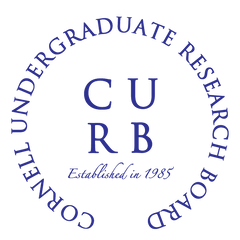Nima Leclerc
Quantum Research Scientist, VC, and Runner
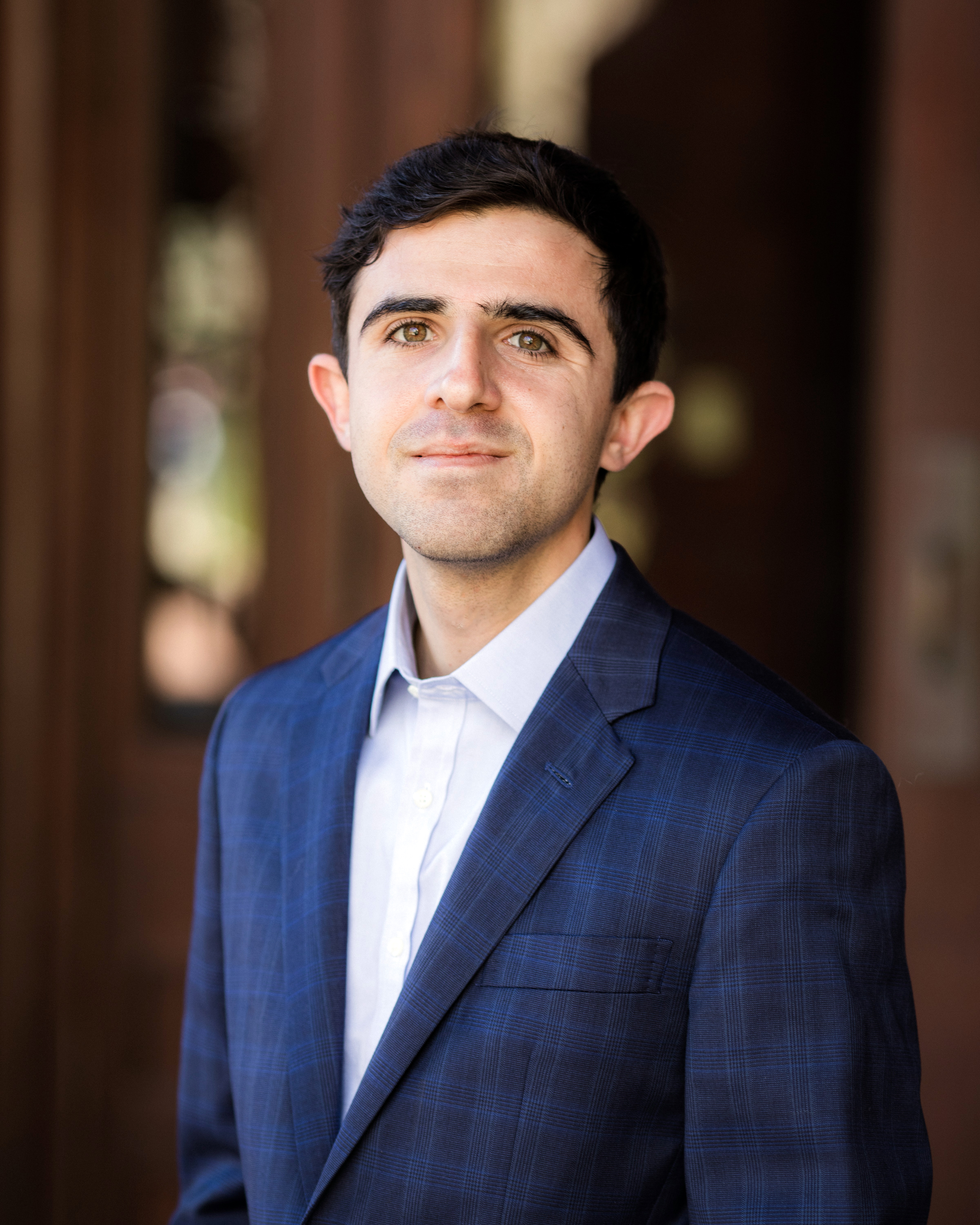
Nima Leclerc
Quantum Research Scientist at MITRE and Partner at Abelian
Boston, MA
Google Scholar, Github, LinkedIn
CV
Hi.
I am an Iranian-American electrical engineer and materials scientist at the at the University of Pennsylvania,
and a 2022-2023 Policy Graduate Associate at Perry World House.
My doctoral work has focused on engineering scalable quantum processors in silicon for the next generation of quantum computers, by combining techniques quantum control, device engineering, materials science, and optimization theory.
I received my undergraduate engineering training in Materials Science and Engineering Cornell University. At Cornell, I studied the ways in which electronic transport can be engineered to yield more energy
efficient information processing devices. Working there, I embodied the approach of combining theoretical and experimental approaches to engineer novel electronic devices, which culminated in my
senior honors thesis. Prior to transferring to Cornell in 2017, I was a Mechanical Engineering major at San Francisco State University, where I
developed a new class of solid-state battery electrolytes.
I have co-authored several publications and conference presentations and given invited talks in fields of energy storage, semiconductor devices, and quantum engineering and have won numerous awards in doing so. I have worked across academic, government, and private sectors developing classical and quantum computing technologies.
Using my expertise in condensed matter/quantum physics, materials science, nanofabrication, and machine learning, I'm interested in combining these approaches to develop scalable quantum control protocols and device architectures to solve challenging problems in drug design and encryption. My policy work at Penn's Perry World House complements my doctoral research.
I work with federal legislatures, global leaders, and lobbyists to develop policy around the national security implications of quantum technologies.
I grew up in beautiful Lafayette, CA. Apart from my research, engineering, and policy work, I'm also a competitive long distance runner and concert pianist. Browse my site to learn more!


